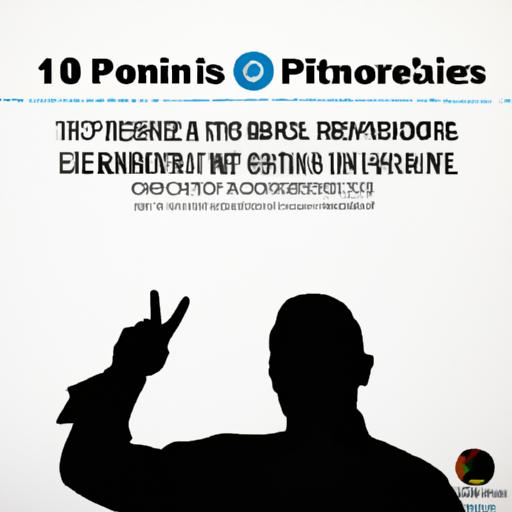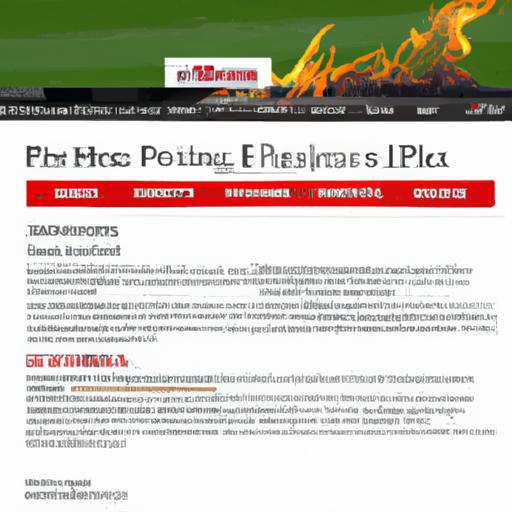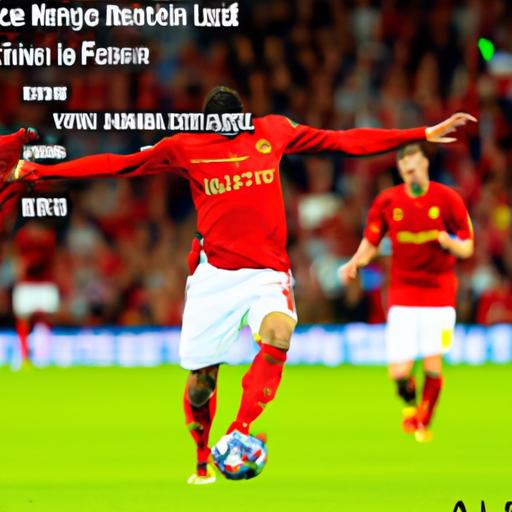In the world of international football, the line between sportsmanship and politics often becomes blurred. The recent controversy surrounding the head of Palestinian football, who dared to question Israel’s participation in the FIFA World Cup, has sparked a heated debate within the global football community. As a result, he has now been banned from entering Australia, adding another layer of complexity to this already contentious issue. Let’s delve deeper into the nuances of this controversial decision and its implications for the future of international sports diplomacy.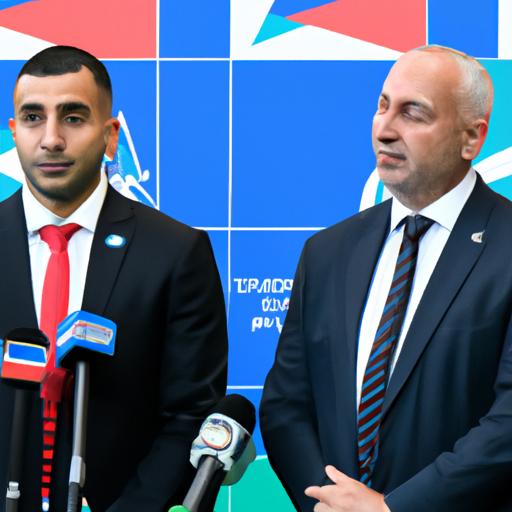
– Impact of the ban on diplomatic relations between Australia and Palestine
The recent ban on the head of Palestinian football, who had questioned Israel’s participation in the FIFA World Cup, has sparked controversy in diplomatic circles. The decision to prevent him from entering Australia has raised concerns about the impact it could have on the already strained relations between Australia and Palestine.
The ban has led to tensions between the two nations, with Palestinian officials condemning the move as a violation of their right to freedom of speech. It has also raised questions about the implications for future diplomatic ties and the ability of both countries to engage in open dialogue and cooperation on issues of mutual interest. The ban has highlighted the sensitive nature of international relations and the challenges that can arise when differing viewpoints clash.

– Australian government’s justification for banning Palestinian football head
The Australian government has defended its decision to ban the head of Palestinian football from entering the country, citing concerns over national security and diplomatic tensions. The move comes after Jibril Rajoub, who is also a senior member of the Palestinian Authority, questioned Israel’s participation in the FIFA World Cup.
Officials have stated that his remarks have the potential to incite violence and harm the ongoing peace process in the region. Australia’s Minister for Home Affairs has emphasized the need to prioritize the safety and stability of the country, especially in light of recent geopolitical developments. The decision to ban Rajoub from entering Australia has sparked controversy and drawn criticism from human rights organizations.

– Potential consequences for the FIFA World Cup tournament with Israeli participation
The controversy surrounding the participation of Israel in the FIFA World Cup has taken an unexpected turn as the head of Palestinian football, Jibril Rajoub, has been banned from entering Australia. Rajoub had been a vocal critic of Israel’s participation in international sporting events, questioning their legitimacy due to the ongoing conflict in the region.
The decision to ban Rajoub from entering Australia has sparked a debate about whether political views should impact an individual’s ability to participate in global sporting events. Some argue that Rajoub’s ban sets a dangerous precedent for censorship and could hinder freedom of expression, while others believe it is necessary to maintain the integrity and neutrality of sporting competitions.
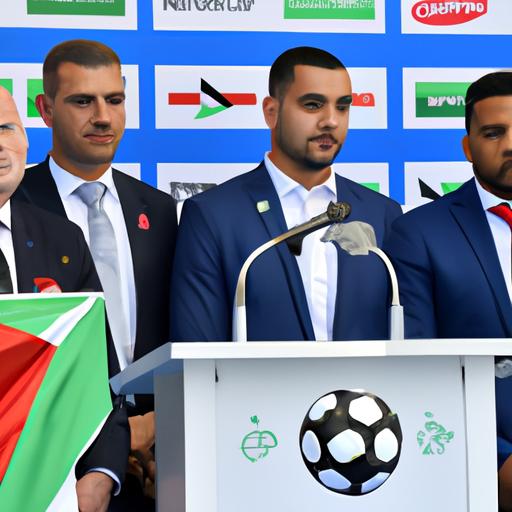
– Calls for reconsideration of the ban from international football bodies and human rights organizations
The recent ban imposed on the head of Palestinian football, who had raised concerns regarding Israel’s participation in the FIFA World Cup, has sparked controversy and raised questions about freedom of expression and human rights. The decision to prevent him from entering Australia has been met with criticism from various international football bodies and human rights organizations.
As calls for reconsideration of the ban grow louder, it is important to highlight the importance of allowing individuals to express their opinions and engage in critical dialogue without fear of reprisal. By restricting the movement of individuals who speak out against injustices, we risk silencing important voices and hindering progress towards promoting equality and understanding in the global football community. It is imperative that international football bodies and human rights organizations come together to address this issue and work towards a more inclusive and respectful environment for all members of the football community.
In Summary
In conclusion, the ban on the head of Palestinian football entering Australia serves as a stark reminder of the deep-rooted tensions and complexities surrounding the Israeli-Palestinian conflict. While the decision may have stirred controversy and debate, it is ultimately up to FIFA and political leaders to navigate these delicate waters in a manner that upholds the spirit of fair play and sportsmanship. As the world looks towards the upcoming FIFA World Cup, let us hope that the beautiful game can serve as a unifying force, rather than a divisive one, in the quest for peace and understanding.
